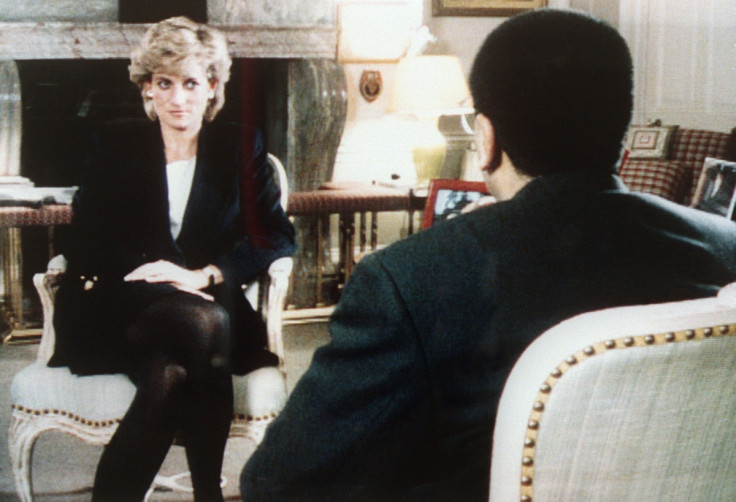BBC apologises after inquiry confirms Martin Bashir used 'rogue methods' to secure Princess Diana interview
The BBC has also returned all the awards it received for the interview including BAFTA, and Bashir has also issued an apology.
The BBC has issued a series of apologies to different parties involved after an independent inquiry concluded that Martin Bashir used "rogue methods" to secure Princess Diana's interview for Panorama in 1995.
According to a report in the BBC, it has written separate apologies to the late royal's two sons- Prince William and Prince Harry, as well as to her ex-husband Prince Charles and brother Earl Spencer. It is also returning all the awards the network or Bashir received for the interview, which had also won a BAFTA (British Academy Film Awards) in 1996.
"The 1995 Panorama interview received a number of awards at the time. We do not believe it is acceptable to retain these awards because of how the interview was obtained," the BBC said in a statement.
The UK national broadcaster says that Bashir, who recently resigned from the network from his position as religion editor due to medical reasons, has also apologised for his unethical ways. The inquiry, conducted by former judge Lord Dyson, has ruled that the journalist acted in a "deceitful" way and faked documents to obtain the interview, adding that his employer also fell short of "high standards of integrity and transparency which are its hallmark."
The independent investigation also confirmed Diana's brother Earl Spencer's claims that Bashir had forged bank documents to convince him that two of his staffers were being paid to leak information about their family, which was pivotal in his decision to approach his sister about the interviewer. The inquiry rules that Bashir had behaved "so as to deceive Earl Spencer and induce him to arrange for Mr Bashir to meet Princess Diana."
While Bashir has admitted to forging the documents, "an action he deeply regrets," he refused to accept its implications on securing access to Princess Diana and insisted it was her "personal choice to take part in the interview".
"Evidence handed to the inquiry in her own handwriting (and published alongside the report today) unequivocally confirms this, and other compelling evidence presented to Lord Dyson reinforces it," the 58-year-old said in his unapologetic "apology" letter. He was referring to Diana's handwritten note that read: "Martin Bashir did not show me any documents, nor give me any information that I was not previously aware of. I consented to the interview with Panorama without any undue pressure and have no regrets."
Meanwhile, the BBC's director-general Tim Davie said the corporation, whose internal probe into the interview in 1996 didn't find Bashir guilty, accepts "in full" the findings of Lord Dyson's report.
"I would like to thank Lord Dyson. His report into the circumstances around the 1995 interview is both thorough and comprehensive. The BBC accepts Lord Dyson's findings in full. Although the report states that Diana, Princess of Wales, was keen on the idea of an interview with the BBC, it is clear that the process for securing the interview fell far short of what audiences have a right to expect. We are very sorry for this. Lord Dyson has identified clear failings," he said.
Davie also claimed that BBC has "significantly better processes and procedures" today, and said those who were in charge of the organisation at the time should have prevented the interview from being secured in this way. He said: "While the BBC cannot turn back the clock after a quarter of a century, we can make a full and unconditional apology. The BBC offers that today."
The Panorama interview in November 1995, in which Diana spoke of her "crowded marriage" with the Prince of Wales referring to his now-wife Duchess Camilla, remains the most-watched interview in television history. Soon after the interview, Queen Elizabeth II had written to Charles and Diana who were already separated, urging them to end their marriage.

© Copyright IBTimes 2025. All rights reserved.





















